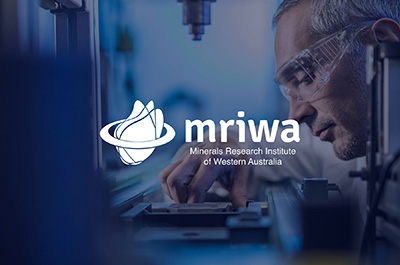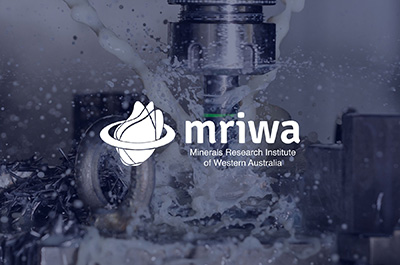Bayer liquor analysis by infra red (BLAIR) for process liquors
Project Overview
Project Number
Total Grant Value
Program Area
MRIWA Contribution
Project Theme
Project Period
The Challenge
Bayer liquor is a key component in the alumina refining process and contains a complex suite of chemical species.
These chemical constituents need to be routinely monitored in order to control and optimise the productivity of refining process.
The current industry standard for analysing these species is time consuming and costly, requiring tedious sample preparation and the use of multiple analytical instruments.
Key Findings
The BLAIR (Bayer Liquor Analysis by Infra-Red) spectroscopic method developed in this research project delivered a complete and fully automated system for Bayer liquor analysis.
Validated against conventional liquor analysis techniques, the BLAIR system produced high quality analytical data for alumina (A), total caustic (C), total soda (S), total organic carbon (TOC), sodium chloride, carbonate, sulfate and all derived ratios through a single small-volume (50 μL) analysis in less than three minutes.
Benefit to WA
The measurement technology developed through this project provides a faster, more cost-effective, and potentially more accurate tool for monitoring and controlling the alumina refining process.
Application of the BLAIR method could improve the profitability of the state’s alumina refining operations, both through reduction of analytical costs, and by delivering faster turn-around of results, supporting operational decision making to maintain process optimisation.
Keywords: infra red spectroscopy, Bayer liquors, total organic carbon, oxalate, automation
Similar Projects
Page was last reviewed 17 June 2021


